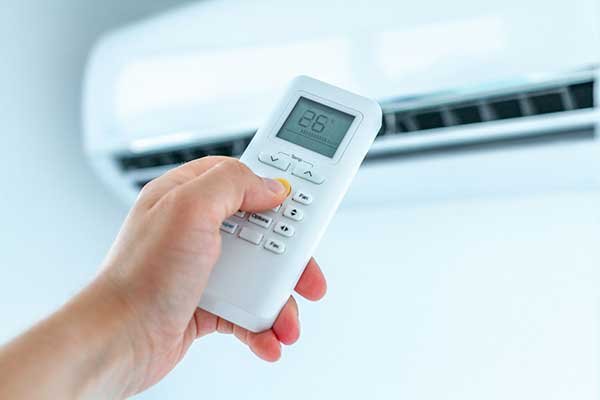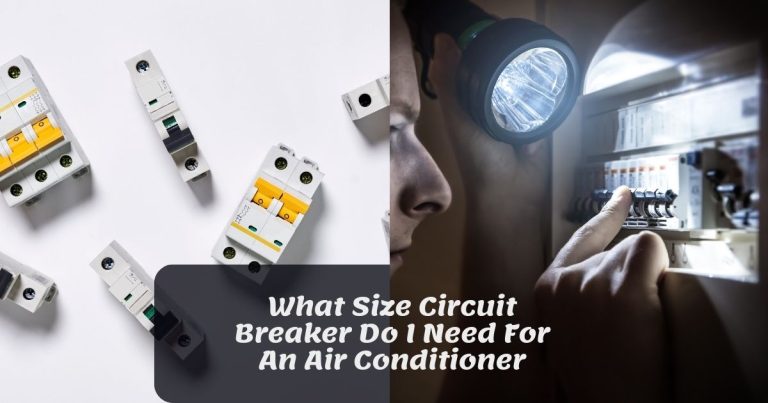Daikin Air Conditioner Dripping Water? Find Out How To Fix It!
When a Daikin air conditioner is dripping water, it could lead to property damage and costly repairs. Understanding the causes and solutions for water leakage is essential for homeowners. Common culprits include clogged condensate drains and refrigerant leaks. By troubleshooting and fixing the issue, you can prevent water leakage and ensure optimal performance.
Water dripping from your Daikin air conditioner may seem like a minor annoyance, but did you know it could potentially cause extensive damage to your property? Imagine coming home to a soaked carpet, ruined furniture, or even compromised structural integrity. This seemingly innocuous issue can quickly escalate into a costly and stressful situation for homeowners like yourself.
Maintaining a comfortable indoor environment and ensuring the efficient functioning of your HVAC system are top priorities. Understanding the causes and solutions for water leakage from your Daikin air conditioner is crucial in avoiding these potential pitfalls.
Whether you have a basic understanding of air conditioning systems or are relatively new to owning a Daikin unit, this information is valuable for everyone. In this article, we will delve into the reasons behind your Daikin air conditioner dripping water, exploring common culprits like clogged condensate drains or refrigerant leaks. We will also provide you with practical tips and step-by-step instructions to help you troubleshoot and fix the issue.
By the end, you will have the knowledge and confidence to prevent water leakage, safeguard your property, and ensure the optimal performance of your Daikin air conditioner. So, whether you’re dealing with a minor drip or a full-blown water leak, read on to discover the importance of addressing this issue promptly and effectively. Let’s take control of the situation and keep your home cool, comfortable, and water-free.
Understanding the Causes of Daikin Air Conditioner Water Leakage
Water leakage from a Daikin air conditioner can be a frustrating and potentially damaging issue. To effectively troubleshoot and fix the problem, it’s essential to understand the underlying causes. Let’s explore some common culprits:
Clogged Condensate Drain
A primary cause of water leakage from a Daikin air conditioner is a clogged condensate drain. Over time, dust, dirt, and debris can accumulate in the drainpipe, obstructing the flow of condensate water. As a result, the water may back up and overflow, causing leakage.
To check if a clogged condensate drain is the issue, locate the drainpipe typically found near the outdoor unit. Use a wet/dry vacuum or a pipe brush to remove any obstructions. Additionally, regularly cleaning and maintaining the condensate drain can prevent future clogs and water leakage.
Damaged or Disconnected Drain Line
Another possible cause of water leakage is a damaged or disconnected drain line. If the drain line is cracked or broken, it can result in water leakage from the air conditioner. Similarly, if the drain line is not securely connected, water can escape and cause damage.
Inspect the drain line for any visible damage or disconnection. If you identify any issues, replace the damaged section or reconnect the line securely. Regularly inspecting the drain line and ensuring its integrity can help prevent water leakage in the future.
Refrigerant Leak
A refrigerant leak is a more serious cause of water leakage from a Daikin air conditioner. The refrigerant is responsible for facilitating the cooling process, and a leak can disrupt the system’s functionality, leading to condensation and water leakage.
If you suspect a refrigerant leak, it’s crucial to contact a professional HVAC technician to diagnose and repair the issue. Attempting to fix a refrigerant leak without the necessary expertise can potentially damage the air conditioner and pose safety risks.
Blocked Air Filter
A blocked air filter can also contribute to water leakage from a Daikin air conditioner. When the air filter becomes clogged with dirt and debris, it restricts airflow, causing the evaporator coil to freeze. When the coil eventually thaws, excess water can overflow and leak from the unit.
Regularly inspect and clean or replace the air filter as recommended by the manufacturer. This simple maintenance task can improve airflow, prevent the evaporator coil from freezing, and minimize the risk of water leakage.
Improper Installation
Improper installation of a Daikin air conditioner can also contribute to water leakage. If the unit is not installed correctly or if there are issues with the drainage system, water may leak from the unit.
If you suspect that improper installation is the cause of the water leakage, it’s best to consult with a professional HVAC technician. They can assess the installation and make any necessary adjustments to ensure proper drainage and prevent further issues.
Preventing Water Leakage from Your Daikin Air Conditioner
Now that we’ve explored the common causes of water leakage from Daikin air conditioners, let’s discuss some preventive measures you can take to avoid this issue:
- Regularly clean and maintain the condensate drain to prevent clogs.
- Inspect the drain line for any damage or disconnection and repair as necessary.
- Schedule regular maintenance with a professional HVAC technician to check for refrigerant leaks and other issues.
- Clean or replace the air filter as recommended to maintain proper airflow.
- Ensure the air conditioner is correctly installed and that the drainage system is functioning properly.
By following these preventive measures, you can minimize the risk of water leakage from your Daikin air conditioner and ensure its optimal performance.
Water leakage from a Daikin air conditioner is a problem that should not be ignored. By understanding the causes and implementing preventive measures, you can avoid potential damage to your property and maintain the efficiency of your HVAC system.
If you’re unsure of how to troubleshoot or fix the issue, it’s always best to consult with a professional HVAC technician. They have the knowledge and expertise to diagnose and resolve air conditioner problems effectively.
Remember, proactive maintenance and addressing water leakage promptly can save you from costly repairs and ensure that your home remains cool, comfortable, and water-free.
Air conditioning (aircon) How to Fix a Water Leaking
Frequently Asked Questions (FAQ)
Why is my Daikin air conditioner dripping water?
How can I unclog the condensate drain line of my Daikin air conditioner?
Why is the air filter important in preventing water leakage from my Daikin air conditioner?
Can I clean the air filter of my Daikin air conditioner myself?
What other maintenance tasks can help prevent water leakage from my Daikin air conditioner?
Final Words: Preventive Measures and Professional Consultation for Water Leakage in Daikin Air Conditioners
In conclusion, understanding the causes of water leakage from a Daikin air conditioner is crucial for troubleshooting and preventing this frustrating issue. The common culprits include a clogged condensate drain, a damaged or disconnected drain line, a refrigerant leak, a blocked air filter, and improper installation.
Regularly cleaning and maintaining the condensate drain, inspecting and repairing the drain line, contacting a professional for refrigerant leaks, and cleaning or replacing the air filter are all preventive measures that can minimize the risk of water leakage. Additionally, consulting with a professional HVAC technician for proper installation and drainage system functioning is crucial.
By following these preventive measures, you can ensure the optimal performance of your Daikin air conditioner and avoid potential damage to your property. If you are unsure of how to troubleshoot or fix the issue, it is always best to consult with a professional HVAC technician, as they have the knowledge and expertise to diagnose and resolve air conditioner problems effectively. Remember, proactive maintenance and addressing water leakage promptly can save you from costly repairs and ensure that your home remains cool, comfortable, and water-free.






